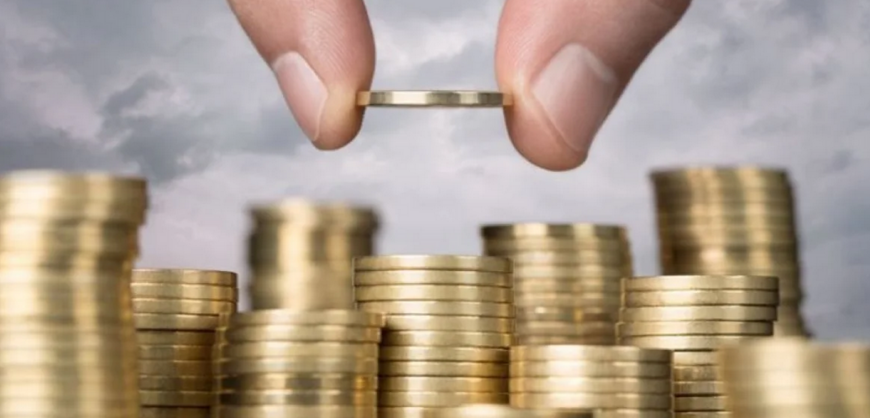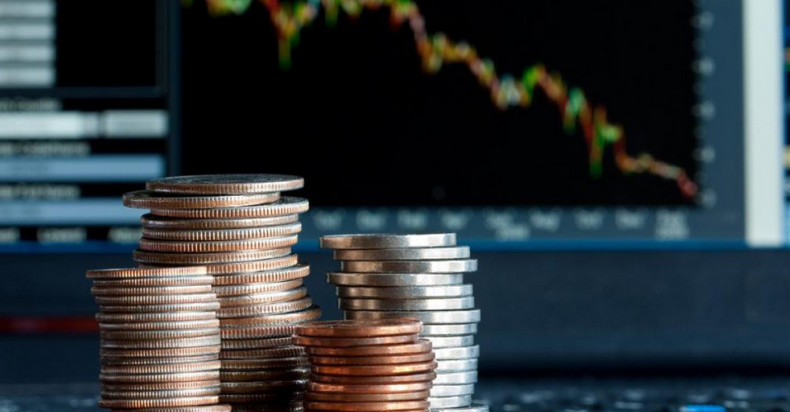Strong growth of 2.1% and inflation at 3% is predicted by the Foundation for Economic and Industrial Research (IOBE) in its quarterly Report on the Greek economy presented today, Tuesday.
For unemployment, IOBE estimates that the current year will decline to 10.3%.
Specifically regarding inflation, the report states that in Greece, it will slightly exceed the average of the Eurozone, mainly due to a slower decline in food prices.
Inbound tourism for 2024 is expected to maintain the positive performance of 2023, in real terms.
Risks:
– Further geopolitical instability and economic uncertainty at regional and international levels (war in Ukraine, Middle East, elections in the US, in the European Parliament).
– Slower reduction of interest rates in Europe in 2024, especially in an alternative scenario of significant increase in international energy prices.
– High deficit in the external balance, with structural characteristics.
– Labor market: Slower decline in the unemployment rate, among other reasons due to high structural unemployment.
– Gradually stricter fiscal targets. The tax base remains narrow in Greece.
– Loss of competitiveness due to higher inflation in the Eurozone after mid-2023. Persistent inflation in essential goods, such as food, higher than the Eurozone average in 2024.
– High interest rate spread between loans-deposits and systematically negative household savings rate.
– Risk of a new outbreak of non-performing loans and MEPPs, due to rising interest rates and cost of living. Hindrance to the redistribution of resources, non-performing loans within and outside bank balances.
– Investment mix: Investments in Housing/Construction and transport equipment, decrease in other sectors.
The free health check-ups we should do after Easter
Positive Prospects:
– The acceleration in the implementation of the revised Recovery and Resilience Plan in combination with the expansion of its lending component and REPowerEU, could ‘unlock’ international capital for productive and longer-term investments.
– The reduction in interest rates, if it starts earlier in the year, will be an opportunity to accelerate investments.
– The enhanced outward orientation of the economy is a bet, with gradual improvement in the external balance.
– Reforms with a medium-term horizon of 2024-2027 could increase productivity, which diverges from the European average.
– The reduction of MEPPs at the economy-wide level will release productive resources for their more efficient distribution.
– Significant amount of unexecuted balance of construction projects.




































